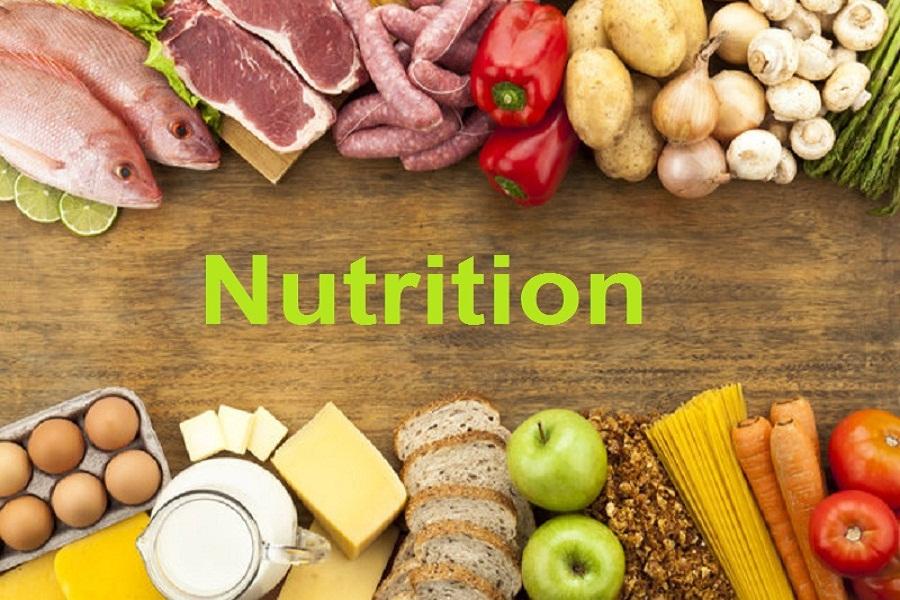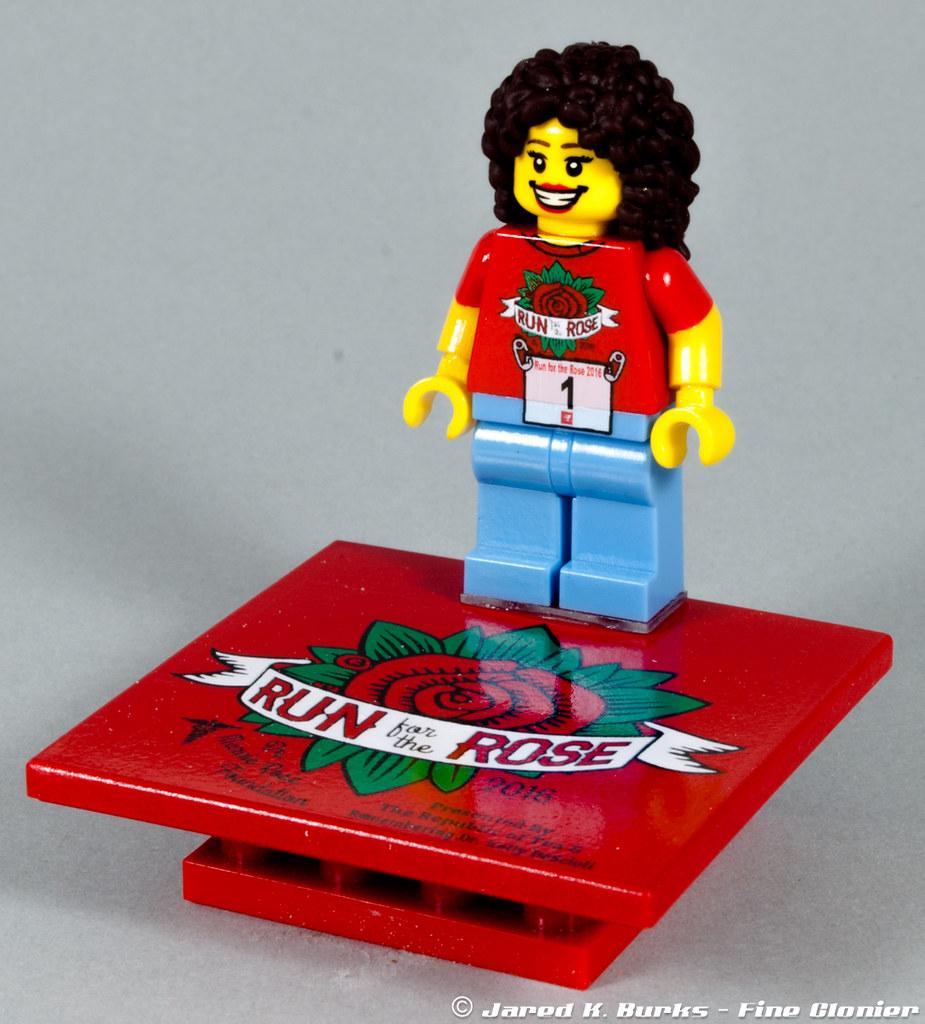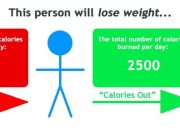In the bustling journey of childhood, where each day unfolds with new discoveries and endless curiosity, the role of nutrition in brain development emerges as a pivotal cornerstone. As parents, caregivers, and educators, understanding the profound impact of a balanced diet on a child’s cognitive growth is both a responsibility and an opportunity to nurture future potential. This article aims to explore the intricate relationship between nutrition and brain development in children, offering insights into how the foods we choose can significantly influence their learning, memory, and emotional well-being. With empathy and guidance, we delve into practical strategies to support our young ones in building a strong foundation for a lifetime of learning and health.
Understanding the Connection Between Nutrition and Cognitive Growth
As we explore the dynamic world of childhood development, it becomes evident that nutrition plays a pivotal role in shaping a child’s cognitive abilities. From enhancing memory to improving concentration, the right nutrients serve as building blocks for a healthy brain. During the formative years, a balanced diet is crucial in nurturing the brain’s growth and development.
- Omega-3 Fatty Acids: Found in fish, walnuts, and flaxseeds, these essential fats are known to boost brain function.
- Iron: Critical for energy and concentration, iron-rich foods like spinach and lentils support cognitive development.
- Antioxidants: Berries, nuts, and seeds provide antioxidants that protect brain cells from damage.
| Key Nutrient | Food Source | Benefit |
|---|---|---|
| Choline | Eggs, liver | Enhances memory |
| Zinc | Pumpkin seeds, chickpeas | Boosts learning abilities |
| Vitamin D | Fortified milk, sunlight | Supports brain development |
Incorporating these nutrients into a child’s diet can lay a solid foundation for lifelong cognitive health. Encouraging diverse, nutrient-rich meals not only fosters physical well-being but also propels intellectual growth, empowering children to thrive in their learning environments.

Key Nutrients Essential for Optimal Brain Function in Children
Understanding the building blocks of a child’s brain can unlock their full potential. Ensuring that children receive the right nutrients is crucial for cognitive development, memory, and concentration. Here are some key nutrients that play a vital role in brain health:
- Omega-3 Fatty Acids: These are essential for building brain cell membranes and promoting new brain cell formation. Found in fatty fish like salmon and walnuts, they are crucial for cognitive function.
- Iron: A deficiency in iron can lead to cognitive impairments. Iron-rich foods like spinach, beans, and lean meats are important for maintaining healthy brain function and energy levels.
- Choline: This nutrient supports the development of the hippocampus, the brain’s memory center. Eggs, particularly the yolk, are a great source of choline.
| Food | Nutrient | Benefit |
|---|---|---|
| Salmon | Omega-3 | Brain cell growth |
| Spinach | Iron | Improves cognition |
| Eggs | Choline | Memory enhancement |
Incorporating these nutrients into a child’s diet can be both simple and delicious. Encourage a balanced diet rich in fruits, vegetables, whole grains, and lean proteins to support their growing brains. Remember, the foundation of lifelong learning and brain health starts with what they eat today.

Empowering Parents with Practical Meal Planning Strategies
As parents, ensuring that our children receive the nutrients they need for optimal brain development can feel overwhelming. However, integrating practical meal planning strategies can make this task more manageable and enjoyable. Meal planning doesn’t have to be a daunting task; it can be a creative process that involves the whole family.
- Incorporate Variety: Aim to include a mix of proteins, healthy fats, and carbohydrates in every meal. Foods like avocados, nuts, and whole grains can be delicious staples that support brain health.
- Plan Ahead: Spend a little time each week planning meals. Consider creating a weekly menu that incorporates different food groups, ensuring balanced nutrition.
- Engage Kids: Involve your children in meal planning and preparation. This not only teaches them about nutrition but also makes them more likely to enjoy the meals they helped create.
| Nutrient | Food Source | Brain Benefit |
|---|---|---|
| Omega-3 Fatty Acids | Salmon, Walnuts | Improves memory and learning |
| Iron | Spinach, Lentils | Boosts attention and concentration |
| Zinc | Pumpkin Seeds, Chickpeas | Supports cognitive stability |
Remember, flexibility is key. Life is unpredictable, and some days will be easier than others. By having a flexible meal plan, you can adjust as needed without sacrificing nutritional quality. Empower yourself with these strategies and watch your children thrive both in and out of the classroom.

Fostering Healthy Eating Habits for Lifelong Brain Health
Children’s brains are like sponges, soaking up everything they experience, and what they consume plays a crucial role in this developmental journey. Establishing nutritious eating patterns from a young age can set the stage for a lifetime of cognitive wellness. A diet rich in essential nutrients is not just about physical growth but also about nourishing the brain. Here are some key nutrients and their impact:
- Omega-3 Fatty Acids: Found in fish like salmon and walnuts, these are vital for building brain cell membranes and improving cognitive function.
- Iron: Essential for carrying oxygen to the brain, iron-rich foods like spinach and lentils help maintain energy levels and concentration.
- Antioxidants: Blueberries, nuts, and dark chocolate are packed with antioxidants, which protect brain cells from damage and support memory retention.
Balancing these nutrients can be simplified by incorporating a variety of colorful foods into daily meals. Here’s a quick guide:
| Food Group | Examples | Brain Benefits |
|---|---|---|
| Fruits | Blueberries, Oranges | Boost memory and mood |
| Vegetables | Spinach, Broccoli | Enhance cognitive skills |
| Proteins | Eggs, Lean Meat | Support brain structure |
| Whole Grains | Oats, Brown Rice | Provide steady energy |








































